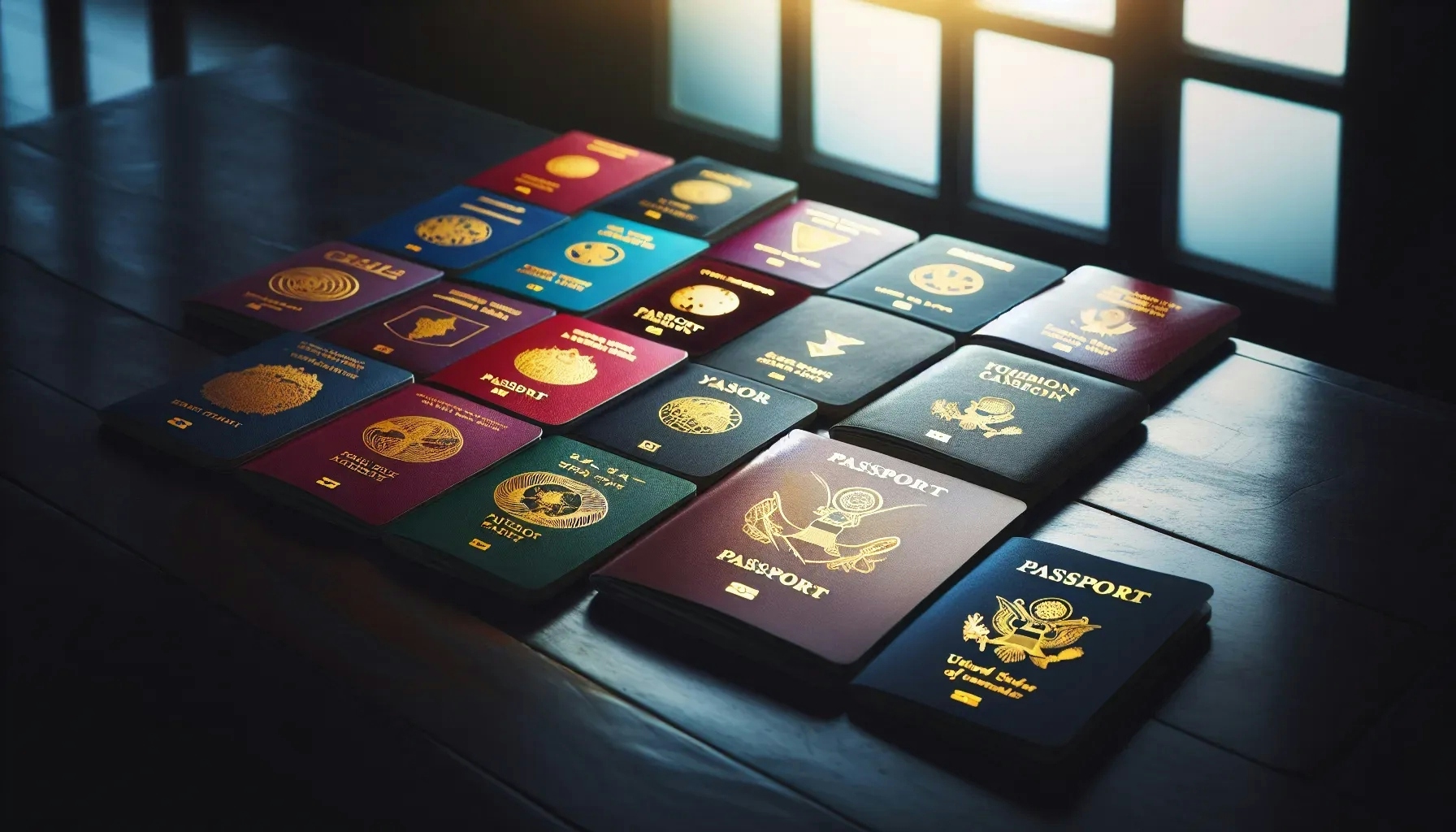What Are Unique Challenges Faced by Attorneys in International Law?
When it comes to the intricacies of international law, professionals from attorneys to legal advisors face a myriad of unique challenges, like ensuring global commerce operates smoothly. Alongside expert insights, we've gathered additional answers that highlight the breadth of obstacles encountered across borders, including building cross-cultural negotiation skills. Here are seven diverse perspectives on overcoming the hurdles of the global legal landscape.
- Global Commerce Requires All-Hands-On-Deck
- Navigating Cross-Border Contract Enforcement
- Tackling International Data Protection Issues
- Overcoming Language Barriers in Law
- Transitioning Between Diverse Legal Systems
- Staying Informed on Global IP Rights
- Strategizing for International Trade Disputes
- Building Cross-Cultural Negotiation Skills
Global Commerce Requires All-Hands-On-Deck
As a business law firm, we help clients work with trading partners across the globe. Engaging in commerce on a global scale often requires an all-hands-on-deck approach. This means understanding the legal aspects of international trade that impact the task at hand and appreciating the practical aspects of getting a product from Country A to Country B. Drafting the right contracts and using accepted international legal terms to define parties' rights and obligations is essential, but it's also necessary to vet trading partners and understand the local landscape. We often help clients who are beginning their journey overcome legal and practical challenges by working within their organization, working with specialized consultants well-versed in international trade, and working with local counsel. An all-hands-on-deck approach helps avoid issues and overcome obstacles.

Navigating Cross-Border Contract Enforcement
When doing cross-border transactions between parties in two different jurisdictions, my United States legal clients often sign contracts with parties who are based in non-US jurisdictions and have all their assets in non-US jurisdictions. As a result, my US clients face difficulty enforcing contracts against their non-US counterparties. To navigate cross-border enforceability of contracts, I consult with local lawyers in jurisdictions around the world to understand whether and how my clients can enforce a US contract in a particular non-US jurisdiction.

Tackling International Data Protection Issues
As a technology lawyer specializing in data protection, a few major issues faced involve navigating divergent regulatory frameworks, challenges in obtaining and managing consent across jurisdictions, and ensuring compliant cross-border data transfers. Handling data localization requirements, staying ahead of emerging technologies, and understanding distinct breach notification rules are critical aspects of the role. Additionally, dealing with regulatory enforcement actions and establishing robust corporate compliance programs are ongoing challenges.
Effectively tackling international technology and data protection challenges involves staying informed on global regulations, conducting jurisdiction-specific assessments, and implementing robust compliance programs tailored to each client's operations. Utilize privacy-by-design principles, engage in cross-border collaboration with legal experts, and negotiate clear contracts that address data protection obligations.
Overcoming Language Barriers in Law
Attorneys practicing international law must often read and understand laws written in several different languages, which requires a high level of proficiency not just in legal terms, but also in the nuances of each language. Minor errors in translation or interpretation can lead to misunderstandings and potentially significant legal repercussions. Such precision requires constant learning and adaptation as language evolves and legal terms take on new meanings across borders.
Lawyers in this field must be adept at cross-linguistic communication to ensure that nothing is lost in translation. To meet this challenge, consider seeking assistance from experts in legal translation and continuous language education.
Transitioning Between Diverse Legal Systems
The task of navigating through different legal systems during transnational litigation is an intricate puzzle for attorneys. One must seamlessly transition between common law principles, civil law standards, and potentially other unique local frameworks, all of which have their own rules and procedures. This diversity can lead to unpredictable outcomes, making it difficult for lawyers to anticipate how their cases will be treated in foreign courts.
Understanding the intricacies of each legal system is crucial and requires both in-depth study and practical experience. Attorneys venturing into international litigation should stay abreast of global legal developments and participate in cross-border legal forums for sustained success.
Staying Informed on Global IP Rights
When it comes to global intellectual property rights, the challenges are as diverse as they are complex. Each country has its own set of laws and enforcement practices, making the protection and enforcement of these rights a sophisticated juggling act. Attorneys must stay informed of the ever-evolving global standards and treaties to provide the best advice to clients who own intellectual property.
Keeping up with international trends and precedent-setting cases is crucial to navigate this dynamically changing legal landscape. Intellectual property lawyers should seek out specialization courses to bolster their expertise in international law.
Strategizing for International Trade Disputes
International trade disputes pose unique jurisdictional challenges that require an attorney to have a detailed understanding of various international laws and treaties. Determining the appropriate venue to resolve a dispute, dealing with the enforceability of judgments across borders, and considering the implications of international trade agreements all play a role in the complexity of such cases. It takes strategic thinking and expert negotiation skills to handle such multifaceted issues effectively.
Staying informed about changes in international trade agreements and associated legal practices is vital for those involved in these disputes. Engaging with global trade law specialists can provide invaluable insights and should be considered by practitioners in this area of law.
Building Cross-Cultural Negotiation Skills
In international legal negotiations, cultural discrepancies can greatly affect both the process and outcome. Attorneys must be sensitive to the different expectations, traditions, and business practices that are present in multicultural settings. Misunderstandings stemming from cultural differences can lead to breakdowns in communication and, ultimately, failed negotiations.
To mitigate these risks, lawyers need to develop strong cross-cultural communication skills and be adept at building rapport. Regular participation in cultural competency workshops can be a highly effective way to prepare for successful international negotiations.

